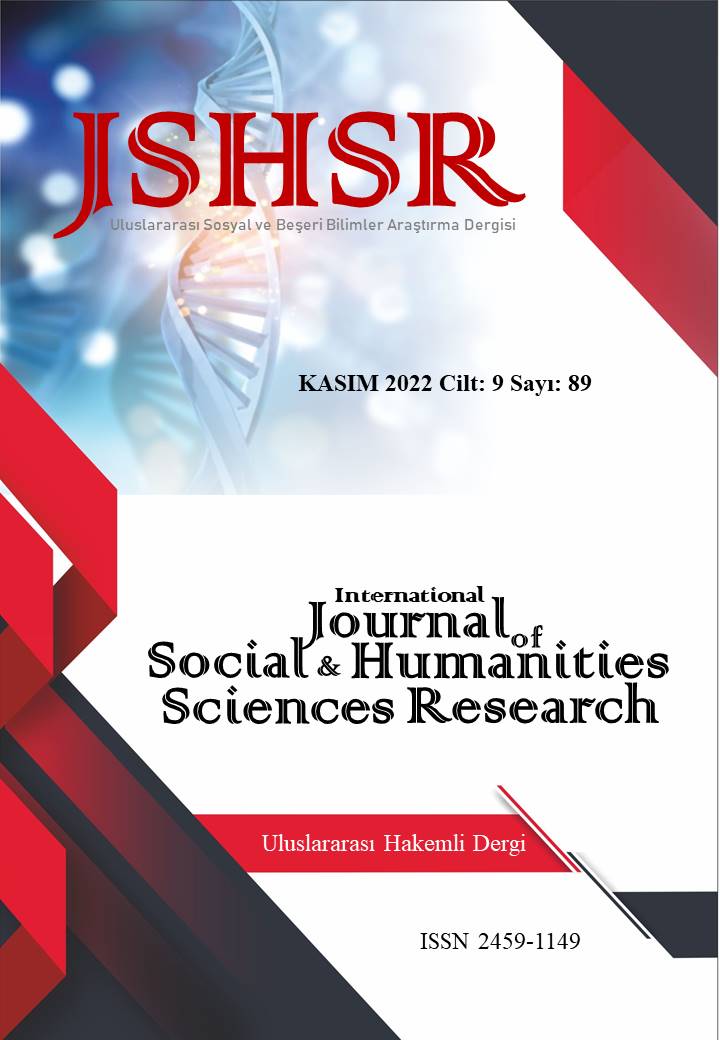EXPENDITURE OF ZAKAT DELIVERED TO THE STATE IN THE FIRST PERIOD OF ISLAMIC HISTORY
DOI:
https://doi.org/10.26450/jshsr.3346Keywords:
Islam, history, first period, zakat, expenditureAbstract
Although the worship of zakat, which is one of the fundamental pillars of the religion of Islam, is mentioned as a tolerant attribute of Muslim individuals in the verses that were revealed in the Meccan period, zakat was made obligatory in the second year of the Hijra. Surah At-Tawba, which came down during the period of Madinah, is 103. The duty of collecting and distributing zakat with the verse of the Prophet Muhammad himself. It was entrusted to the Prophet. He also fulfilled this duty by means of the zakat officers he appointed, as well as personally taking the zakat and distributing it to the rightful owners. While performing this duty, the principles regarding how zakat should be collected were determined by the Prophet. To whom zakat should be given is limited by Allah Herself as eight classes in the 60th verse of Surah At-Tawba. This situation did not give the state any authority to spend as in other taxes, and the zakat goods delivered to the official were spent within the framework of the specified verse and with the limitation of this verse. In the historical process, maximum attention has been paid to this situation, and some contrary practices have also occurred. In this article, the places where zakat is spent, determined by the Qur'an, are examined and in this context, some examples of zakat distribution practices in the early periods of Islamic history are given.
Downloads
Published
How to Cite
Issue
Section
License
Copyright (c) 2022 INTERNATIONAL JOURNAL OF SOCIAL HUMANITIES SCIENCES RESEARCH

This work is licensed under a Creative Commons Attribution 4.0 International License.


